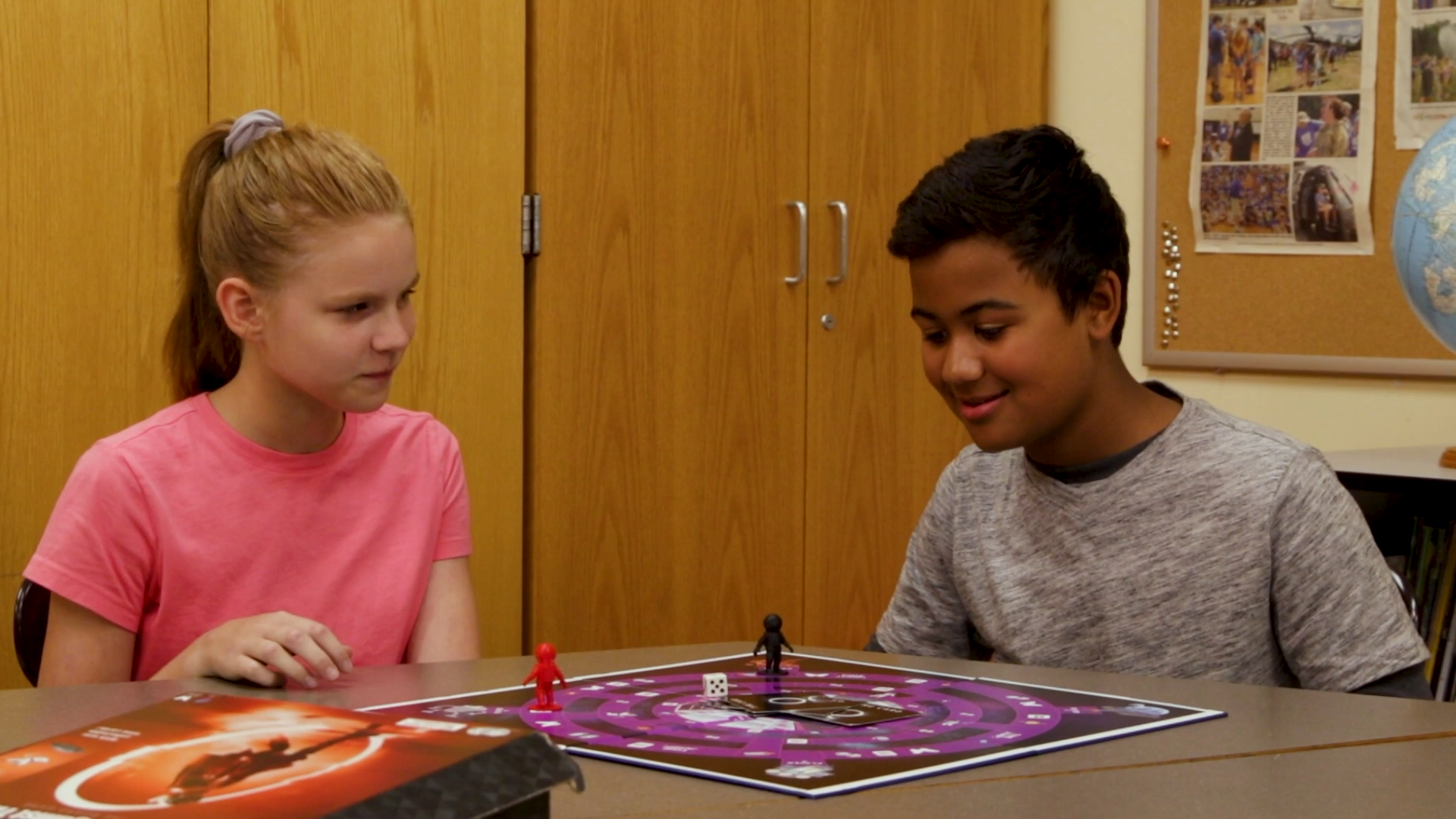
Introduction
Change can be challenging for everyone, but it can be especially difficult for students in special education. When faced with change, students may experience anxiety, anger, or resistance. To help them cope with change more effectively, educators can introduce the concept of an Open Mind. An Open Mind encourages students to accept and explore new ideas, promoting flexibility and adaptability. In this blog post, we will discuss a no-prep activity, discussion questions, related skills, and next steps to help educators incorporate the Open Mind approach into their curriculum.
No-Prep Activity: “The Open Mind Challenge”
This activity requires no preparation or materials and helps students practice using an Open Mind in a fun and engaging way. Here’s how it works:
- Divide the students into pairs or small groups.
- Ask each group to come up with a simple task they would like to complete, such as tying a shoelace, drawing a picture, or solving a math problem.
- Next, ask the groups to think of a new and different way to complete the task. This could involve using a different technique, tool, or strategy.
- Encourage each group to use their Open Mind to embrace the change and complete the task using the new method.
- After completing the task, have a group discussion about the experience. Encourage students to share their thoughts and feelings about using an Open Mind and trying something new.
Discussion Questions
Use these questions to stimulate further discussions about the Open Mind concept and its benefits:
- How did you feel when you were asked to try a new way of completing the task? Were you excited, nervous, or reluctant?
- What strategies did you use to help yourself stay open to trying the new method? Did you use self-talk, visualization, or other techniques?
- Did using an Open Mind make it easier to adapt to the change? Why or why not?
- Can you think of a situation in which having an Open Mind would be beneficial? How might it help you cope with change?
- Why is it important to practice using an Open Mind, even when it feels uncomfortable?
Related Skills
In addition to the Open Mind approach, there are other relevant skills that can help students in special education cope with change and develop their social-emotional competencies:
- Problem-solving: Encourage students to identify problems, brainstorm solutions, and evaluate their options when faced with change.
- Resilience: Teach students to bounce back from setbacks and adapt to new situations with a positive attitude.
- Self-regulation: Help students develop strategies to manage their emotions and behaviors during times of change.
- Empathy: Foster an understanding of others’ perspectives and feelings, promoting compassion and support during times of change.
- Communication: Encourage open dialogue among students and educators to share feelings, thoughts, and ideas about change.
Next Steps
Integrating the Open Mind approach into your special education curriculum can have a significant impact on students’ ability to cope with change and develop essential social-emotional skills. To further explore this skill and others, sign up for free sample materials at Everyday Speech. These resources will provide you with tools and strategies to support your students’ learning and growth in a fun and engaging way.





